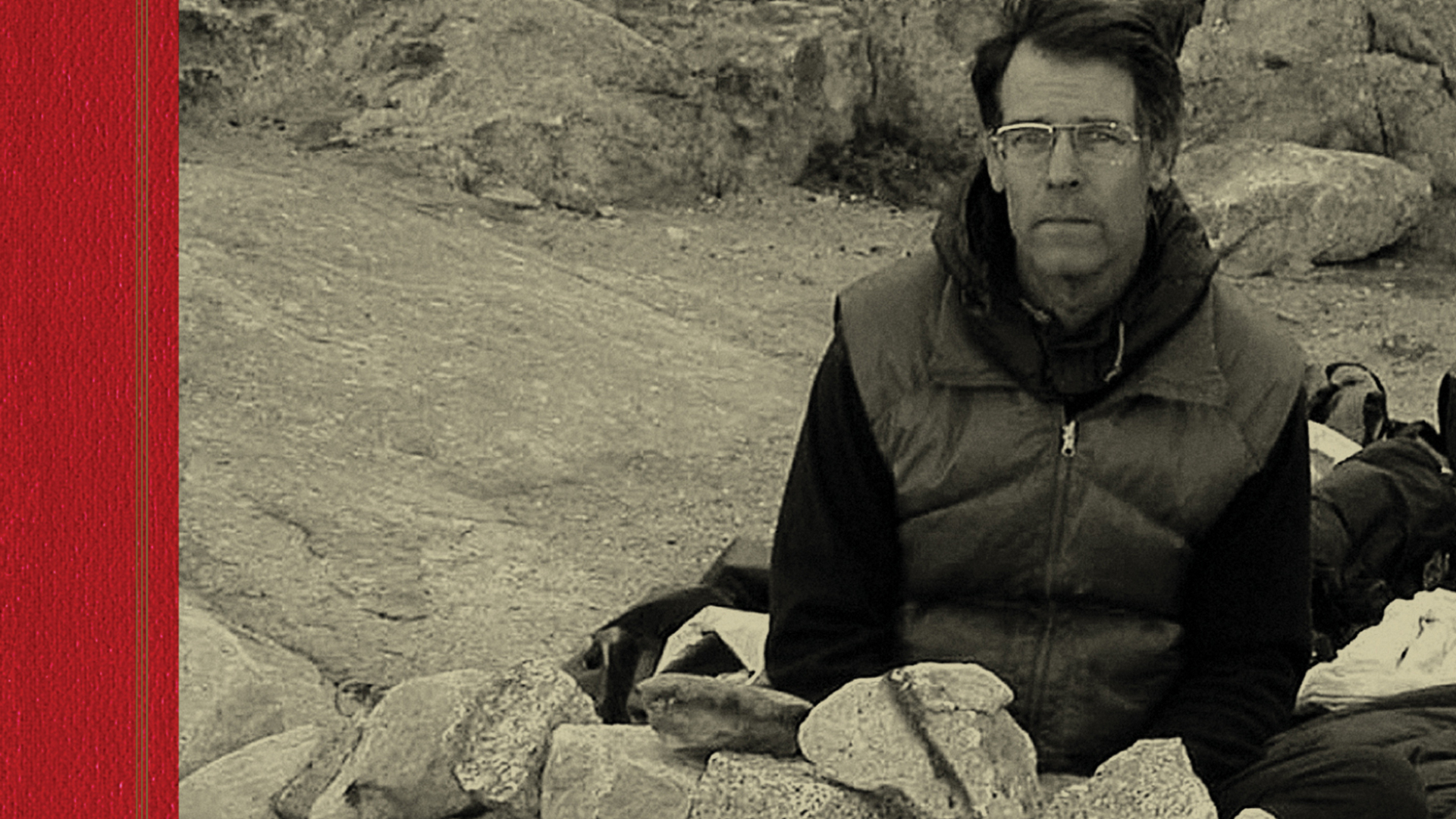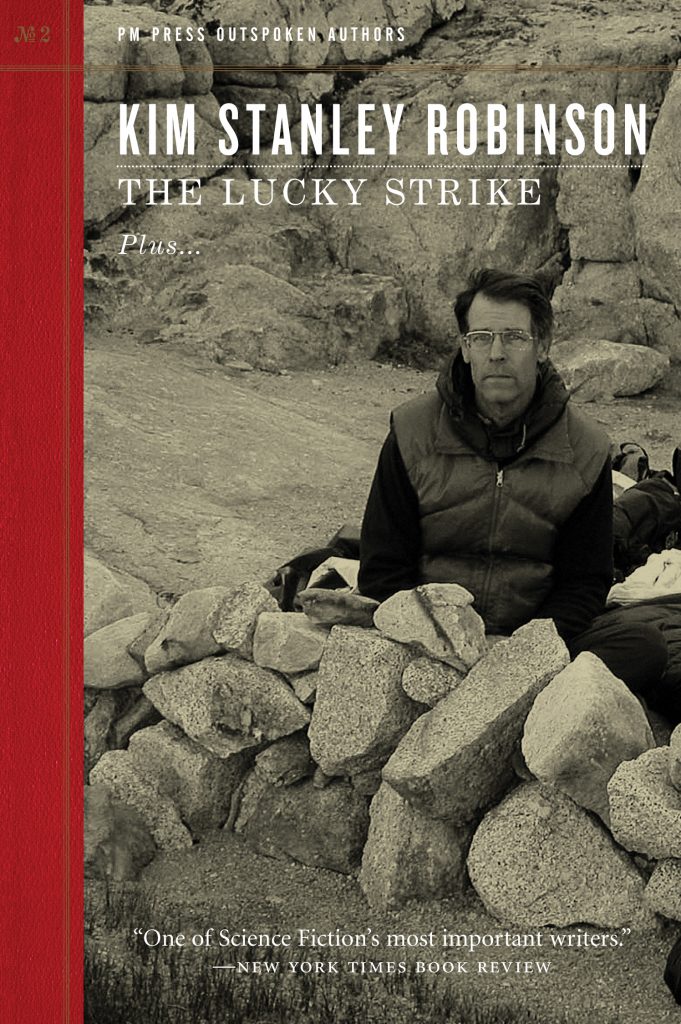By Paul Buhle
Swans Commentary
In a remarkable conjunction, the finest of left-leaning SciFi writers and liveliest of new radical presses has produced a small gem. The Lucky Strike, launching the Press’ “Outspoken Authors” series, manages to get one of the most articulate of the outspoken, tapping a favorite genre (that is to say mine, since childhood) to explore what a writer can do without holding political office or throwing tons of money at some good cause.
Robinson, for those who don’t immediately recognize his name, is the author of Red Mars and others in the “Mars” series, and some dozens of others probing the possible futures of humankinds and the planetary eco systems that they reach. Since the 1980s, he has been seen as a successor to genius-autodidact Philip K. Dick, on whom Robinson wrote a Ph.D. thesis before leaving academics behind for a literary career. Red Mars and the other Martian works hit the Science Fiction genre readers like a ton of Martian ore: they were scientifically, most of all geologically astute, keenly written with the expectation that one day humankind could “terraform,” creating new artificial environments on distant planets. And they would need to do so, after creating so much eco-havoc on home Earth. The question that Robinson pressed was obvious yet crucial: would we screw up again or find some other way to live?
His answers were not obvious because Robinson is no obvious thinker. The history of “scientific” socialism pointed one way, and Robinson knew it well: the environment properly guided toward sustainable use. The other radical projection was to leave a mostly barren planet as it was found — barren. That is to say, disrupting it as little as possible. Both of these found a common enemy: the corporate style of entering some new eco-system and ripping off as much resources as possible, with no regard to the consequences. It was a brilliant suggestion, altogether, and by the last volume of the series, a future humankind is out at the limits of our solar system, pondering the same questions. Robinson’s other novels have a way of asking similarly crucial questions from different angles. They can be delightfully oddball as well as deadly serious, and they are fun to read even when difficult. No wonder he has won so many prizes in the field.
Here we find a great little novella, contrary to history, about the US air force pilot who refused to drop the A-Bomb on Japan, was court-martialed, and sentenced to death. Robinson spins out assorted suggestions about what might have happened if, for instance, Thomas Dewey had actually been elected in 1948 rather than Cold War zealot Harry Truman, if the Democrats (rather than Republicans) had discredited themselves so thoroughly in the 1970s to bring on defeat, and so on, pondering serious questions along the way for readers to ask themselves.
The rest of this little book is an interview, one of many that Robinson has done in the last thirty years but more thorough, and deeply sensitive, for which we must thank the interviewer, fellow SciFi writer Terry Bisson, as well as Robinson himself. It’s great to know that Huckelberry Finn was his first favorite novel, because Robinson has been heading for the “territory” himself ever since; but more important to know that as a native Californian, removed but back again, he is deeply at home, enjoying the novels he wrote decades ago, including Gold Coast. He is a dedicated as well as immensely talented fellow, and as we leave this little volume, we expect to see his brilliance on display repeatedly. Perhaps, with this volume, we grasp the meaning of that brilliance a little better.







